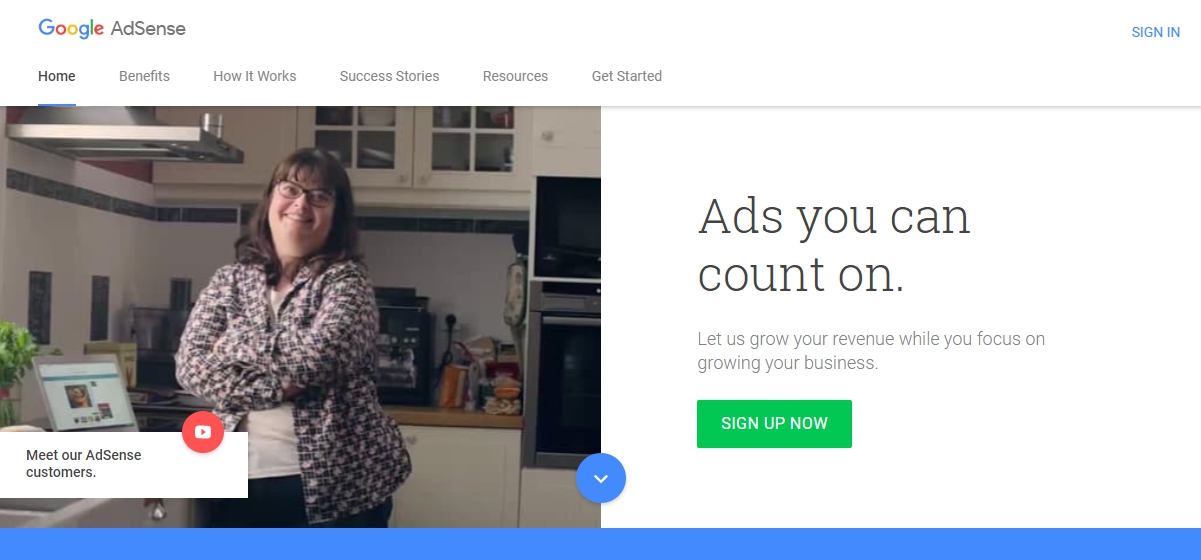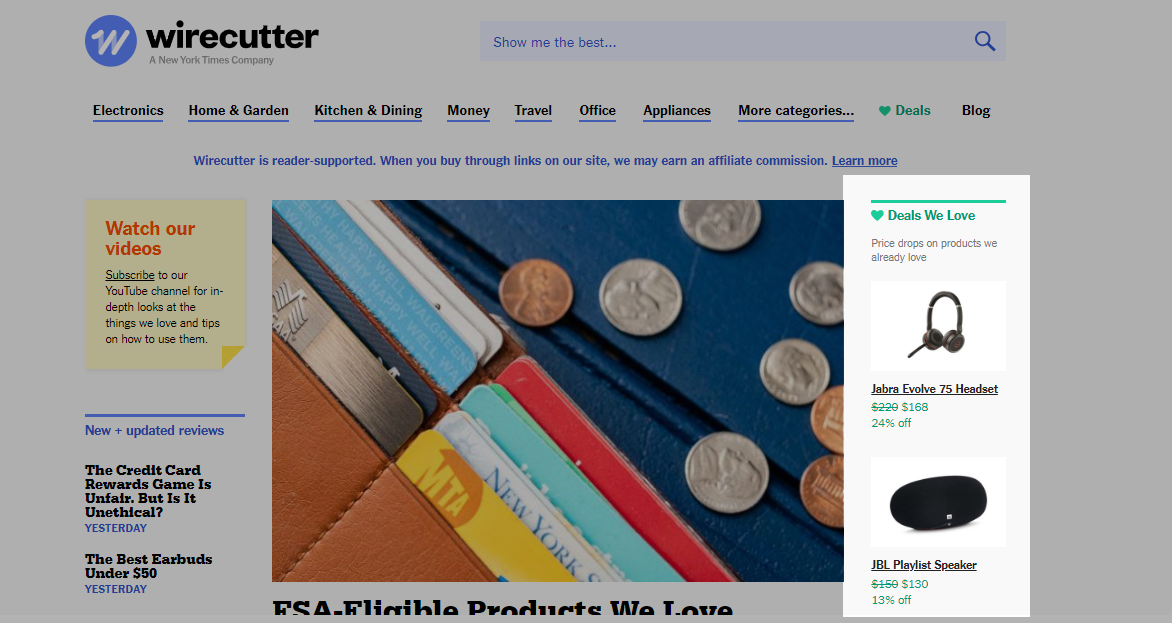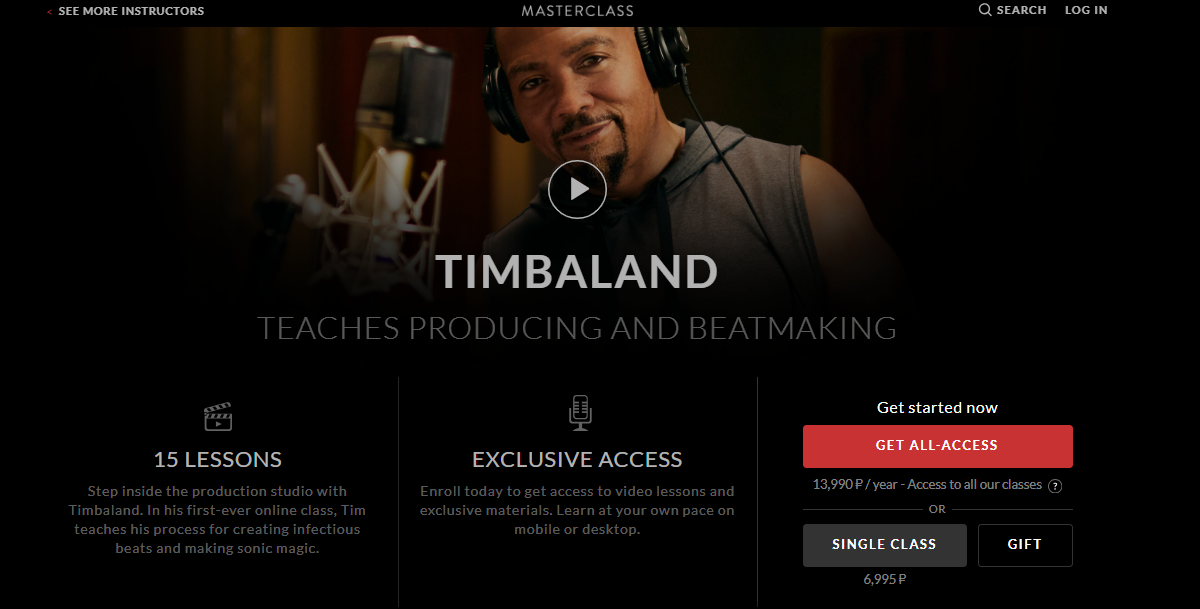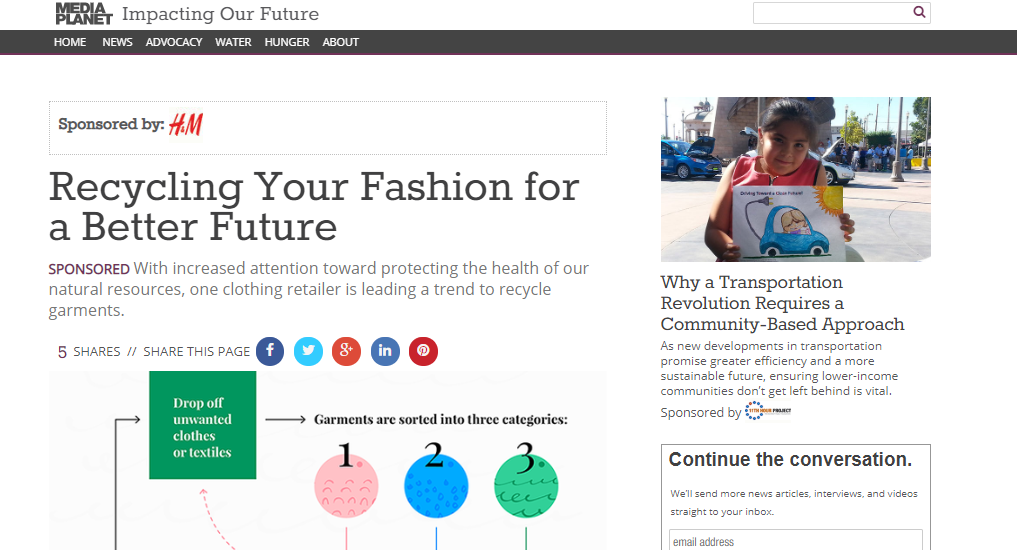Website monetization is the process of earning money from a particular website or blog by using it as an advertising platform for companies with content and offers relative to that site.
Why is website monetization important?
- Increases revenue
- Gives a chance for passive income
- Allows earning from the blog
- It gives you options
- Increases revenue. A decision to implement website monetization is crucial because it allows more opportunities for earning. Depending on how much traffic a website has, website monetization can be a part-time job, or something more significant.
- Gives a chance for passive income. There are different options for website monetization, which requires setting it up once, such as display advertising and web push ads. After setting this up, the traffic on a website will result in revenue.
- Allows earning from the blog. Bloggers can monetize, too. They often focus on monetization methods like donations and affiliate marketing, but they are not limited to that.
- It gives you options. You can monetize a website or blog in different ways. Choosing adequate types of website monetization for your situation is essential. For instance, if you are a vegetarian blogger, it’s a good idea to advertise vegetarian shops and restaurants. If you’re a speech coach, it’s appropriate to suggest microphones and clothes for sounding and looking ideally in public.
Types and Examples of Website Monetization
- Display advertising
- Google Adsense
- Web push ads
- Affiliate marketing
- Membership site
- Sponsored content
- Donations
Display advertising
Selling ad space to monetize your website means that you have to find companies, ideally within a relevant niche, and provide them with space on your site where they will display their ads. The relevancy of display advertising is based on data about previously visited websites and search queries. The advertisements below are relevant to a person who writes articles on marketing topics, for example.

Google Adsense
It’s a service for selling ad space. Google Adsense liberates a website owner from searching for relevant advertisers and takes fees for such service.

Web push ads
Web push notifications open the other way to monetize a website. If the users allow a site to send web push notifications, they will receive announcements, integrated into this website notification, from other companies. The algorithm shows relevant advertisements only.
Affiliate marketing
This type of monetization means selling other company’s products or services on your website. A website owner finds a product attractive to the audience and promotes it on the site and via email campaigns. The revenue depends on the commission both sides have agreed upon.

Membership site
It means that a website offers exclusive content, which only members can view. A membership site monetization requires payments that allow users to get access to additional and more valuable materials.

Sponsored content
A website or blog can add content from other relevant webpages. This information should be interesting for the audience and be added only to the point. Otherwise, Google can punish the website.

Donations
If a website provides users with valuable content or solves their problems for free — a website owner can ask the audience to make donations. The revenue depends on the number of people using the website daily and how strong they want to contribute.

Website Monetization Best Practices and Tips
- Let your website breathe. Don’t overwhelm subscribers with tons of ads on every page. Put yourself in your audience’s shoes and mind that the ads should be relevant to a website’s subject.
- Follow the law. Your website monetization should be legal. Irresponsible behavior towards marketing methods may harm the reputation of your website and brand.
- Develop a monetization mix. A website with a lot of traffic can monetize in different ways at once. A website owner should think out the best ways that fit the circumstances and try to implement them.

or